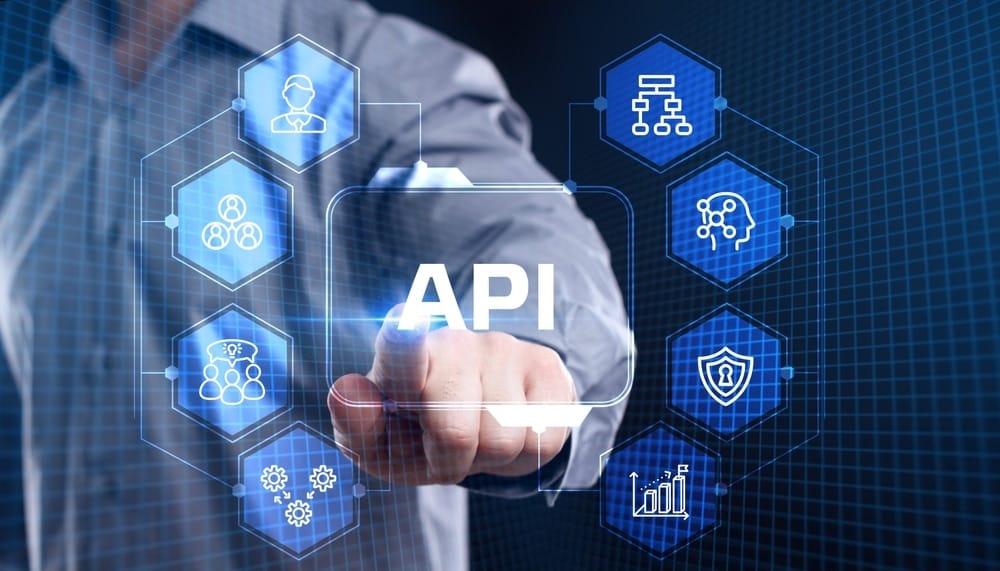5 Best Practices for API Security in 2022

Today, most companies are using application programming interfaces (APIs) to power a plethora of their technologies that support various workers. Also, cybercriminals have gotten savvier than ever before. Thus said, extremely sophisticated, top-notch API security is required to ensure their API gateway systems are protected as their manpower works with technologies. These technologies range from digital collaboration platforms to IoT-enabled devices.
APIs are intricate in almost every facet of everyday life. They are now the core technology for companies that desire to push innovation. Their API management tools change how organizations manage teams, resources, and products. Also, companies are now doing API integration. Companies will also need to prioritize API security.
Since APIs are crucial in companies, API security is also crucial because there will also be more security vulnerabilities. To ensure you have top-notch API security, you must work with a proven company to assist you.
Gartner has predicted that by this year APIs will become the more frequent attack vector through which hackers infiltrate enterprise web applications. If your agency is at the beginning stages of developing an API security strategy, You must also use the API security best practices, which are as follows:
1. Understanding Your Data
One of the main security issues of APIs is exposing excessive data. So, some effective API management solutions include having the requirement of usernames, IDs, and permissions as part of webmethods API management.
With this vulnerability, additional data such as usernames, permissions and IDs may come back as part of an API call — even though this information isn’t necessary to complete the request. This is why it’s critical to sanitize and ensure that data masking should also be used. Data masking transforms sensitive data and makes an artificial copy of the data to render useless information to hackers.
Your organization likely handles a plethora of PII on a daily basis. So, it’s vital to know what data is in the logs, that the logs are secure, and that only the required data is shared to ensure that your API management platform is doing its job.
2. Understanding Your APIs
You must know what you have in order to know what to protect.
And to better secure your webmethods application integration, your organization must use effective lifecycle and asset management. Knowing your APIs is a major first step toward better data protection. Your agency should have a complete inventory of all its APIs, know whether they reside on-prem, in the cloud, or in service mesh, and what data APIs have access to. Your inventory likely will include a list of public APIs, external APIs, third-party APIs, open APIs, and beta testing APIs. A comprehensive list also should include zombie APIs that are still operational but haven’t been updated and “Frankenstein” APIs that you use internally to collect data from various legacy systems.
All these APIs can increase your exposure because a hacker may be able to exploit a vulnerability from an unpatched API or one that you don’t even know exists within your environment. To better secure your APIs, your agency needs to practice effective asset and lifecycle management. Knowing your APIs is one of the critical first steps you can take to better protect them.
3. Understanding Your Users
Strengthening user authentication can also boost API security within your organization. So, whether it’s a government API or another type of API, your organization must implement granular access controls that scope-level policy definitions support to ensure unauthorized access prevention of resources.
Also, API management should perform routine testing of API authentication systems. With this routine testing, you can identify vulnerabilities that hackers may have access to. After identifying the vulnerabilities, your staff can close these gaps to mitigate your security risks.
Some APIs also allow data from clients to save properties that a user shouldn’t have access to update. In these situations, an attacker may try to send additional properties that appear valid and then get mapped to your database, giving them an entry point into mission-critical systems and applications. Your organization can combat this potential threat by focusing on whitelisting rather than blacklisting users, which will enable tighter access controls and strengthen API protection.
4. Knowing Your Tools

To execute your API strategy, you can employ a list of tools. Of course, you must know the function of each tool to implement it properly for security API.
Thus said, an invaluable process is an end-to-end API management solution. This process offers an API gateway and portal to securely manage APIs across the cloud, hybrid, and on-prem environments. This solution also monitors user access and API usage management along with your organization’s specific security and integrates threat protection methods such as denial-of-service protection, SQL injection protection, and antivirus scans to reduce security risks. Additionally, the API gateway can work with all your other API security tools, including open API fuzzing tools and testing tools, to combat security misconfigurations and facilitate better security orchestration.
5. Securing Everything
With a holistic solution for API security, you can better understand your APIs, data, users, and tools. With API management platform, you will have powerful capabilities and features, like rate-limiting, which is the restriction of the number of API requests at a given time, and user access control. You will also have security capabilities, the latest upgrades, and more.
APIs have become a key enabler of government digital transformation, but as the API economy continues to grow, your organization will need to employ a stronger API security strategy to balance API-led innovation with protecting mission-critical resources.
Integrating the five best practices we’ve outlined can help you develop an effective API security strategy that allows your organization to modernize and better serve constituents with much less risk.
For more information about API security, contact Software AG Government solutions today. Software AG webMethods can help government agencies improve their API security strategy. To learn more about our API management solution, visit us here
Want to keep up with all things Software AG Government Solutions?
Share your email address below.

View our upcoming events and on-demand webinars




